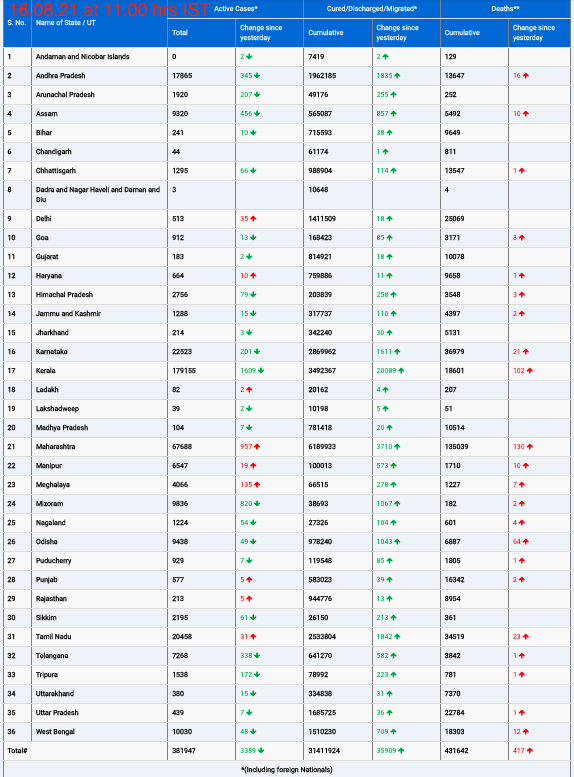A new study from the University of Waterloo has shed light on the human preference for simplicity, revealing that our attraction to simple explanations is rooted in a desire for efficient action. The study, led by Ph.D. candidate Claudia Sehl, emphasizes how both our understanding of events and our approach to achieving goals are driven by the pursuit of efficiency.
The research, titled Doing Things Efficiently: Testing an Account of Why Simple Explanations Are Satisfying, was published in Cognitive Psychology. In collaboration with professors Ori Friedman and Stephanie Denison, Sehl explored how people consistently prefer simpler ways to explain outcomes and achieve results.
“People tend to value simplicity, not just for understanding situations but also for getting things done efficiently,” said Sehl. The study involved seven experiments with 2,820 participants who were asked to evaluate both simple and complex explanations for various scenarios. Across the board, participants were more drawn to the simpler options, particularly those involving common and reliable causes.
According to Sehl, explanations that relied on rare or unreliable causes were deemed less helpful. In contrast, explanations with straightforward, dependable causes were not only easier to understand but also viewed as more effective for future actions. “The more common and reliable a cause, the more appealing it became as both an explanation and a method for achieving outcomes,” Sehl explained.
This research highlights that the preference for simplicity goes beyond just understanding events—it reflects a broader cognitive process tied to efficiency. “Whether it’s explaining a cause or pursuing a goal, the use of fewer, more reliable causes seems to align with our mental desire for quick, effective results,” Sehl noted.
Friedman, co-author of the study, emphasized the importance of efficiency in human thinking. “Our findings suggest that people are inherently focused on doing more with less—this principle of efficiency shapes not only how we explain things but also how we approach accomplishing tasks,” he said.
The study underscores how deeply efficiency is embedded in human cognition, impacting both our understanding of the world and our strategies for success. The research provides new insights into the mental processes that guide how we prefer to navigate complex situations and achieve our goals.
For more details, the full study is available in the latest edition of Cognitive Psychology (2024).
Source: Sehl, C. G., Friedman, O., & Denison, S. (2024). Doing things efficiently: Testing an account of why simple explanations are satisfying. Cognitive Psychology. DOI: 10.1016/j.cogpsych.2024.101692












